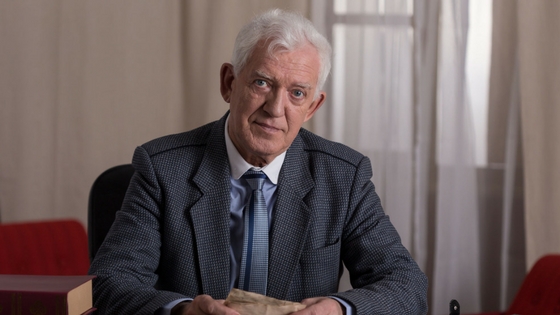As you get closer to retirement, it’s time to consider all the legal papers you’ll need. Creating a sound plan for your health and finances can be complicated. Having a will is a good start, but there are many other documents that you’ll need to create an all-inclusive plan to ensure that your financial and medical wishes are honored.
A trust attorney in Cleveland, Ohio, can help you create the personalized plan that you will need. As you sort through what is involved for your individual situation, it is helpful to understand the basic legal terms before you start planning.
Will
A last will and testament is a legal document specifying how a person’s assets are to be divided when they pass away. The writer of the will, called the testator, can also name a specific person, called the executor, to handle the probate process and ensure everything is distributed according to the person’s wishes. A will can only go into effect after the death of the testator.
Living Will
A living will differs from a regular will because it provides instructions to be followed while the testator is living. This type of will becomes effective when the testator is unable to communicate their own health care decisions or is no longer competent to make these decisions. It is an advanced care directive with explicit instructions for managing end-of-life or emergency care. Assistance from a trust attorney in Cleveland, Ohio, as well as help from your personal physician, ensures that these directives are clearly expressed and the document fulfills the specific requirements for your particular state of residence.
Powers of Attorney
Power of attorney (POA) paperwork allows a person, called the principal, to give an individual, known as the agent, the capacity to make certain decisions on their behalf. It can grant power in broad terms or only for taking specific actions. There are two main areas for a power of attorney: medical and financial.
Healthcare Power of Attorney
This POA document gives the chosen person the legal authority for health care decisions on the principal’s behalf. It gives someone you trust the power to manage your healthcare and follow your wishes regarding your advanced care directives. If you do not have a medical POA, family members may not be granted access to medical information or be allowed to take an active role in decision making.
Financial Power of Attorney
A financial POA document gives authority to a selected person to make financial and/or legal decisions on your behalf. If you become incapacitated, temporarily or permanently, there would still be bills needing payment. Without a financial POA, there might be no way to pay those bills, and members of your family could be denied access to your financial accounts to cover the health care costs. A qualified Stano attorney with years of experience can make the process easy to understand and give you peace of mind.








Leave A Comment